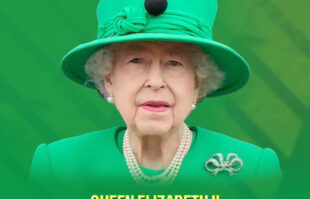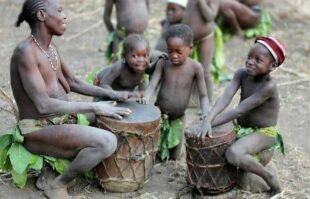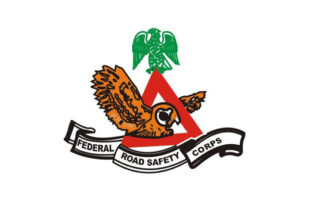Dominated by Muslims, Kwara state is one of the Nigerian states where religion is the predominant religion. Despite the fact that there is hardly a community in the state without a central mosque and a handful of Christians, everyone, regardless of religious belief, is living together in harmony, perhaps the reason the state was nicknamed “The State of Harmony.”
Kwara State originally got its name from a local name, called “Nupe,” for “River Niger”, discovered by the popular Scottish explorer, Mungo Park (his wrecked boat is still there for display). The capital of the state, Ilorin, hosts the largest part of the urban part of the state. Ilorin was coined from a stone used in sharpening metal objects, “Okuta ilo irin.”
Considering that the state is one of the states created at the initial stage, it is not wrong to describe the state as an old state, that has over the years promoted its origin, belief system, and heritage.
In this piece, Naijabiography explores the history of the Kwara State people, their cultural beliefs, political structures, and economic system.
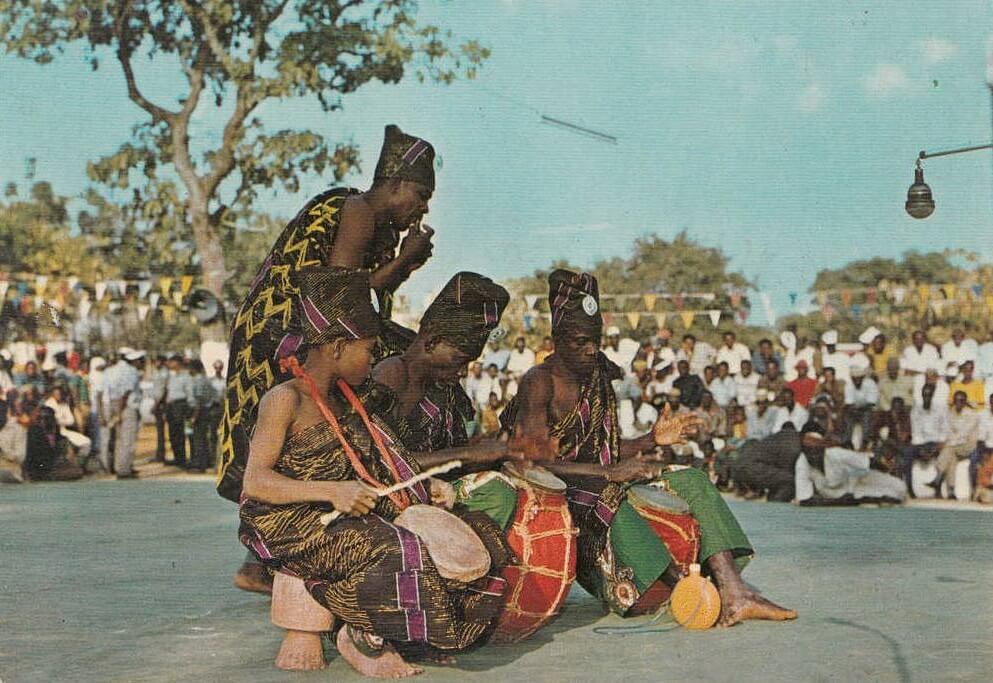
History
The majority of what is now Kwara State was once a part of the Oyo Empire, with portions of the western regions inhabited by the Bariba, Boko, and Bissa people and the Nupe Kingdom (1531-1835). However, through the 19th century, the Fulani jihad captured a portion of the present-day state of Kwara, transferring it to the Gwandu realm of the Sokoto Caliphate. British expeditions captured the region and added it to the Northern Nigeria Protectorate in the 1890s and 1900s.
Following a 1914 merger with British Nigeria, northern Nigeria gained independence as Nigeria in 1960. Up until 1967, when the Northern Region was separated into the West Central State, the present-day Kwara State was a part of the post-independence Northern Region.
The state was renamed Kwara State in 1976, and it remained thus until the 1990s when its far northwest Borgu division was absorbed into the Borgu division of Niger State and its southeast was divided off to create a part of Kogi State.
On the 27th of May 1967, the Federal Military Government of General Yakubu Gowon split the four regions that constituted the then Federation of Nigeria into 12 states; hence, the emergence of Kwara state. At its emergence, the state was initially named the West Central State, before it was later changed to “Kwara,” a name given to the River Niger in Nupe, a Hausa language.
Kwara State is made up of the former Ilorin and Kabba provinces of the Northern Region. In addition, Kwara state started with five local governments before it gradually evolved into 16 local governments. History also has it that, as of today, the local governments include Asa, Baruten, Edu, Ekiti, Ifelodun, Ilorin East, Ilorin South, Ilorin West, Irepodun, Isin, Kaiama, Moro, Offa, Oke Ero, Oyun, and Pategi.
Kwara state was founded by the Yoruba in 1450. Ilorin, the capital, was founded by a Yoruba hunter, Ojo Isekuse, who first settled down there before attracting other groups of people.
Territory
Kwara is geographically split between the West Sudanian savanna in the east and the Guinean forest-savanna mosaic ecoregion in the rest of the state, Kwara has the Niger, Awun, Asa, Aluko, and Oyun rivers, alongside the Borgu section of the Kainji National Park, as part of its geographical features. With an estimated population of about 3.2 million as of 2016, Kwara is ranked the sixth least populous in the state, despite being the ninth largest in area. Kwarans (as mostly addressed) are dependent on agricultural production.
Geographically speaking, Kwara State shares a boundary to its west with the Republic of Benin and has as its northern boundary, the Niger River. Kwara State comprises a rainforest in the southern parts, with wooded savannah covering the larger part of the state. The soil is fertile and the state is well watered by the various tributaries of the Niger River, which run through hills and valleys, none of which rises to any great height. The western section of the state is at a slightly higher altitude than the eastern.
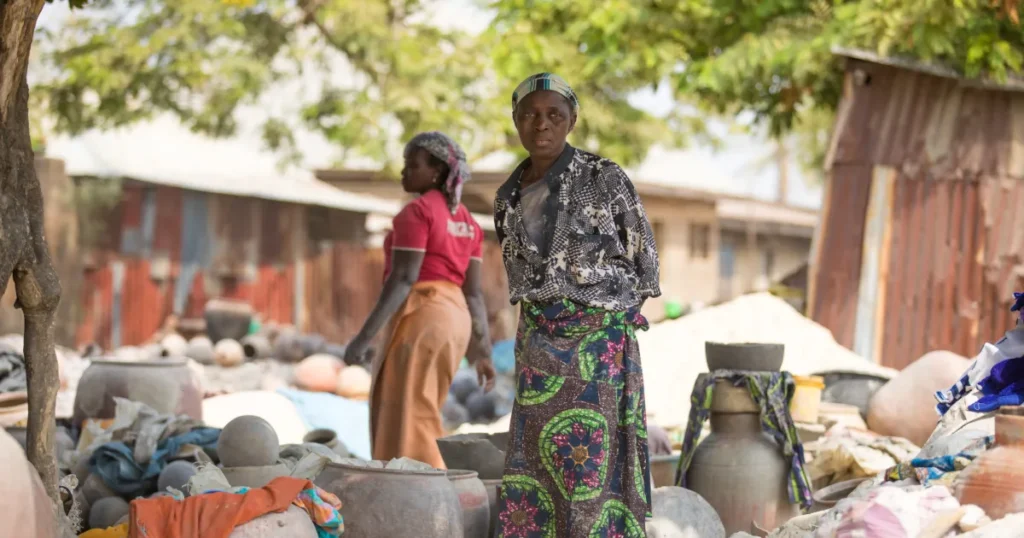
Economy
The people of Kwara are largely involved in agriculture, with principal crops such as kola nuts, cocoa, oil palm, groundnut, cotton, coffee, and tobacco, amongst other forms of agricultural production. Livestock herding and ranching of cattle, goats, and sheep aren’t left out either. The state is also rich in mineral resources such as limestone, marble, feldspar, clay, kaolin, quartz, and granite rocks. The mineral resources also contribute to the economic growth of the state.
The Culture of Kwara People
According to the Nigerian 2006 Census, there were 2.37 million kwarans living there as of 2006. This population has depended on immigration for population growth and socioeconomic development, making up around 1.69 percent of the country’s total population. The major ethnic groups are Fulani, Fulani, Baruba, and Nupe.
Pategi Regatta is one of the activities that enrich the culture of the state. It is an annual boat festival that features fishing, swimming competitions and displays. Durbar is also another rich and highly interesting cultural heritage that is associated with Edu. Thus, Durbar is always held in honour of a new Emir or chief, to welcome august visitors and on Muslim festivals.
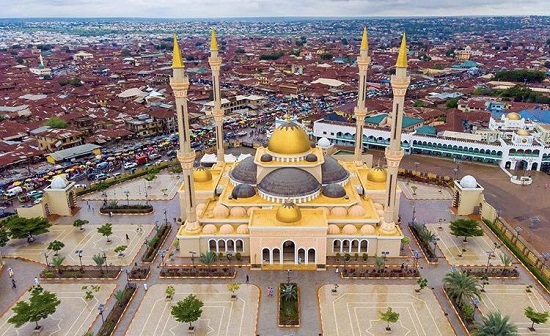
Contributing to the richness of the culture are the four major ethnic groups in Kwara state, which consist of Fulanis, Nupes, Baruba, and the Yoruba. Also, the languages that promote unity and beautify the culture are the languages existing in the state, which include; Yoruba, Bariba, Ebira, Tapa, and Nupe, amongst the languages existing in the state.
The influence of the dominating religion can be seen in the mode of dressing of the Kwara people, as their males are mostly seen in Jalabia and with turbans on their heads, while their females slay in long dresses and scarves wrapped around their heads. Although the dressing painted a good number of the religious, it brews richness to their culture.
Political Structure of Kwara State
Mr Abdulrazaq Abdulrahman, who won the March 9, 2019, governorship election with the political party APC, is the current governor of Kwara State. The 20th governor of Kwara State overall and the fourth democratic governor of Kwara State, Abdul Rahman Abdul Razak, was sworn in on May 29, 2019. The deputy governor of Kwara State is Kayode Alabi.
According to research, Kwara State has sixteen local government areas, which include Asa, Baruten, Edu, Ekiti, Ifelodun, Ilorin East, Ilorin South, Ilorin West, and Irepodun, among others. However, it is noteworthy to state that Kwara State practices the three arms of government; the legislature, executive, and judiciary.
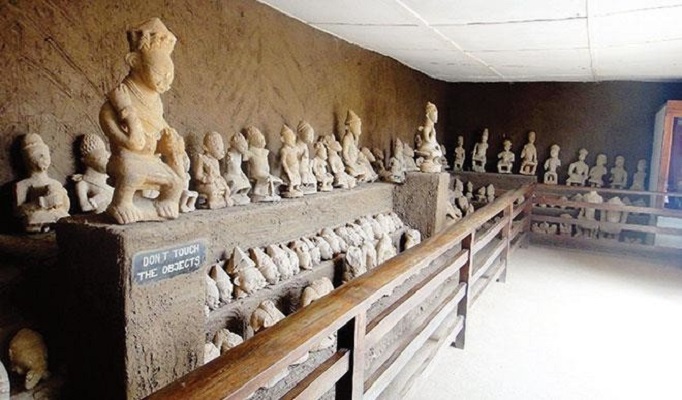
Modern-Day Kwara State
Ilorin, the largest town in the state and its capital, is a hub for industry and education. In addition to housing a university founded in 1975 and a state polytechnic institution, it also has companies that prepare food and work with iron. Another industrial city is Jebba, which also has a pulp and paper mill and a sugar refinery. At Jebba, there is a hydroelectric dam that was built as a component of the Niger Dams Project in 1984.
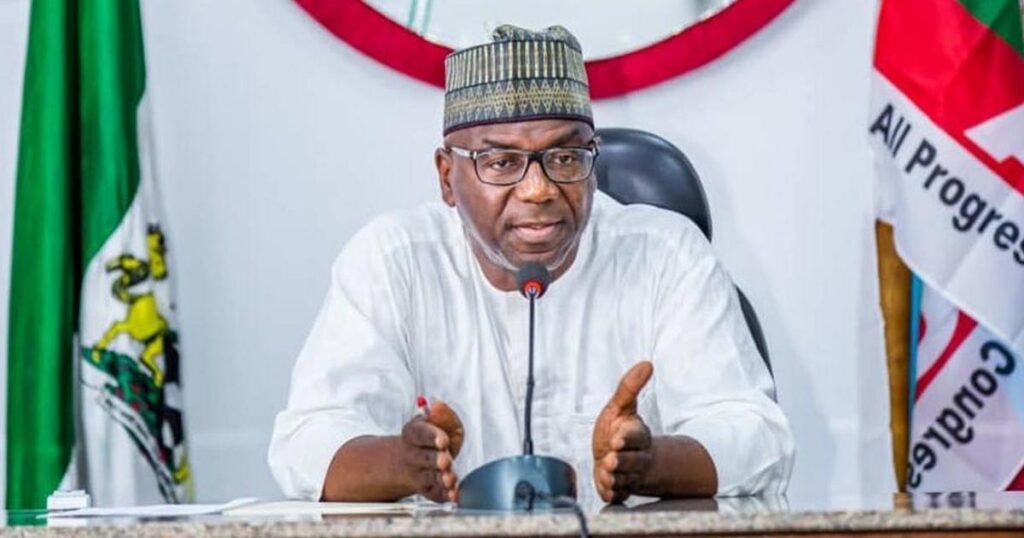
The State Sports Council oversees sporting events. Because of the value placed on sports, a stadium complex was built. The stadium complex has the main bowl, an indoor sports arena, a guesthouse, a recreation press centre, and an Olympic-sized swimming pool. In addition, Basketball and football are also played with a lot of state participation. Kwara Falcons Basketball Club, ABS FC, and Kwara United Football Club are all based in the state.
In the education sector, Kwara State is one of the prominent states that has invested in education over the years. Kwara has a federal university, the University of Ilorin, a state university, Kwara State University and seven other privately owned Universities: Al-Hikmah University, Landmark University, Summit University, Crown Hill University, Thomas Adewumi University, Ahman Pategi University, and the University of Offa. Kwara also has five approved polytechnics; federal polytechnics, Federal Polytechnic Offa, state-owned polytechnics, Kwara State Polytechnic and three privately owned: The Polytechnic Igbo Owu, Lens Polytechnic, Graceland Polytechnic.


